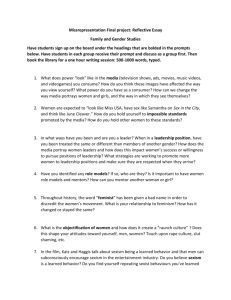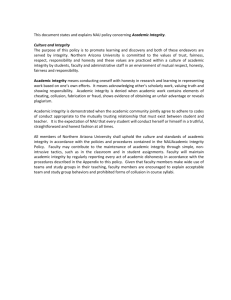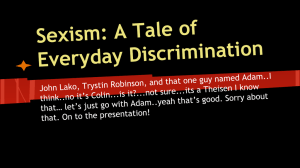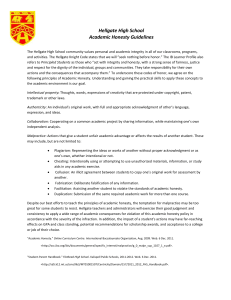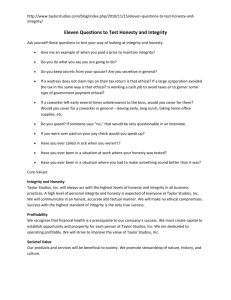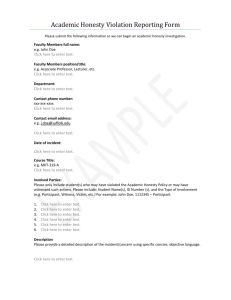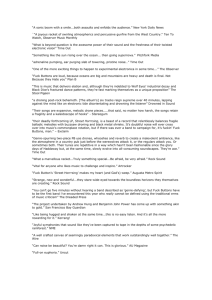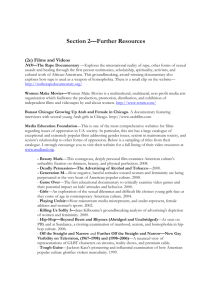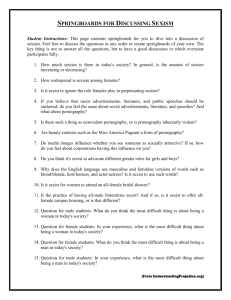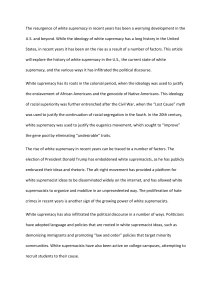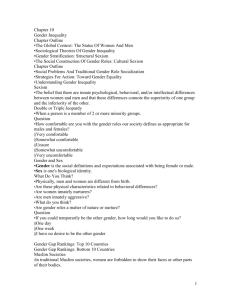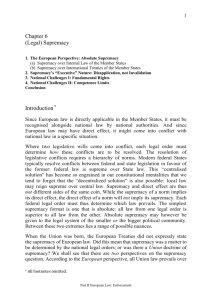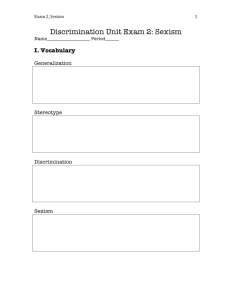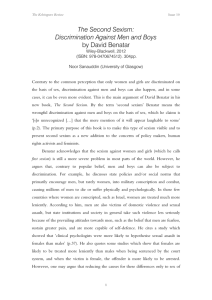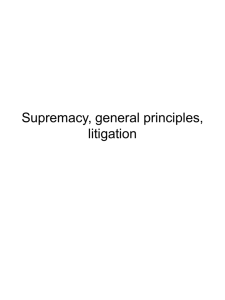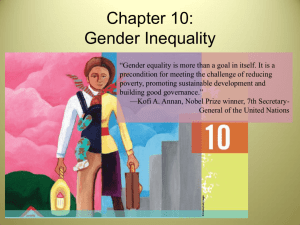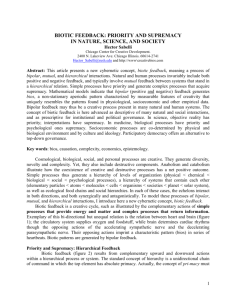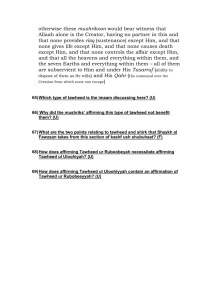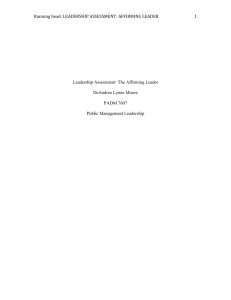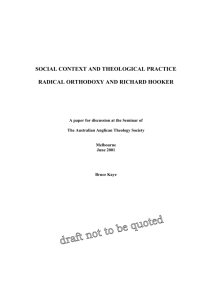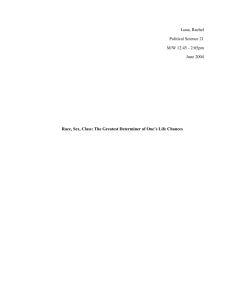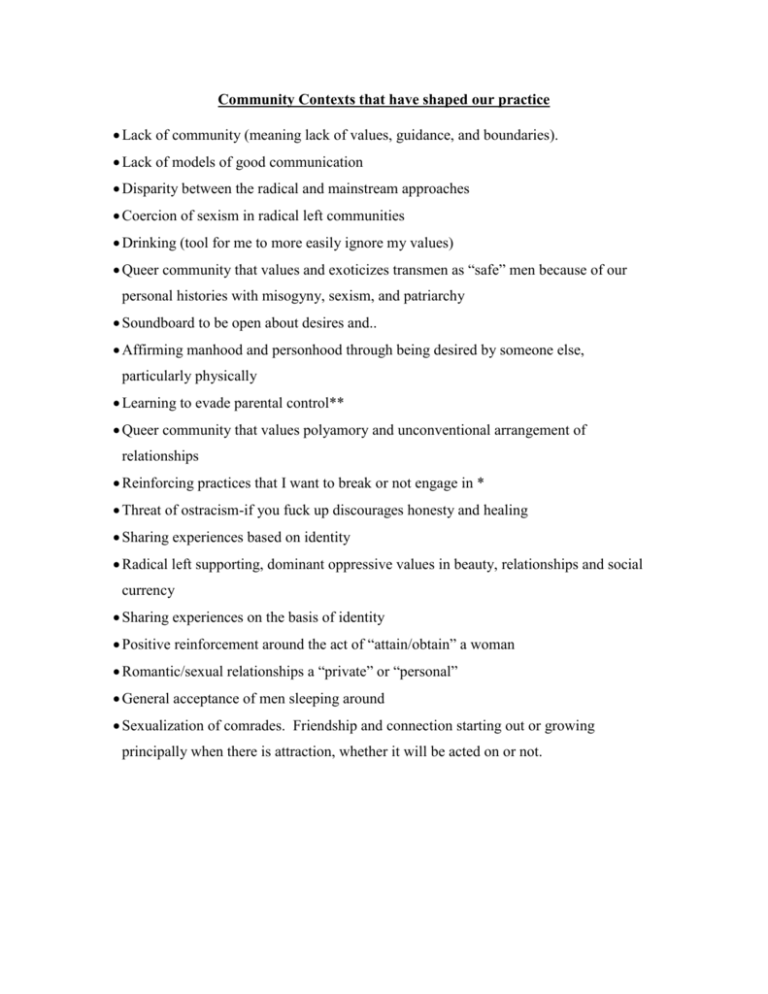
Community Contexts that have shaped our practice
Lack of community (meaning lack of values, guidance, and boundaries).
Lack of models of good communication
Disparity between the radical and mainstream approaches
Coercion of sexism in radical left communities
Drinking (tool for me to more easily ignore my values)
Queer community that values and exoticizes transmen as “safe” men because of our
personal histories with misogyny, sexism, and patriarchy
Soundboard to be open about desires and..
Affirming manhood and personhood through being desired by someone else,
particularly physically
Learning to evade parental control**
Queer community that values polyamory and unconventional arrangement of
relationships
Reinforcing practices that I want to break or not engage in *
Threat of ostracism-if you fuck up discourages honesty and healing
Sharing experiences based on identity
Radical left supporting, dominant oppressive values in beauty, relationships and social
currency
Sharing experiences on the basis of identity
Positive reinforcement around the act of “attain/obtain” a woman
Romantic/sexual relationships a “private” or “personal”
General acceptance of men sleeping around
Sexualization of comrades. Friendship and connection starting out or growing
principally when there is attraction, whether it will be acted on or not.
Institutional Contexts that have shaped our practices
Acceptance of hyper-sexualized narratives and practices
Expectation that men sleep around
You are not a successful man unless you get some
Male supremacy message-sexual activity=successful masculinity
Ambivalent relationship to MS stereotype: man as seducer
Validation as a man comes from lots of people desiring me
Idea that platonic relationships do not exist; all relationships are shapes by some level of
physical attraction.
White supremacist beauty norms
Entitlement of white male supremacy
A society in which young girls are sexualized and sexually abused at young ages
Western school culture
White supremacy TV broadcast; HBO
Difficulty with boundariesvulnerability or weakness
Traditional/cultural measures of masculinity-linked to virility
Being allowed to be angry emotionally without question
Enabling deceit and lack of accountability
Lying as a social norm
Men being socialized not to talk about feelings
Social Judgments on what it is to be a man (in relation to and with women)
Focus on accumulation (capitalism) around sexual partners
Complexities of other oppression dynamics
Sexism in my environments
Practices that build healthier connection
Providing support sustainably
Opening up to really be with people more emotional and personal connection
Playing with power- Affirming our own and others’ powers
Communicating clearly, courageously, consistently
Initiating conversations about power imbalances that I dominate
Honesty and self-awareness
Honesty
Healthy communicative open relationships
Confronting major, persistent problems and conflicts in current relationships
Only remain in relationships that are healthy and that I want to be in
Fuck Social Currency…Struggle to engage past the surface…struggle to be open and
share commitment and hope
Being open more about past relationships
Taking risks to be honest
Open communication and honesty to foster connection
Expressing desire/love/friendship
Recognizing when you’re lying or manipulating the truth in your head to clean up your
wrongdoings or shortcomings
Expressing my needs, wants, and desires, with my partners
Open dialogue with community and reflection
Writing
Talking, listening, and struggling
Being embodied and knowing what I want in the moment-not what my community or
culture wants for/ from me
Redeeming “Love”

